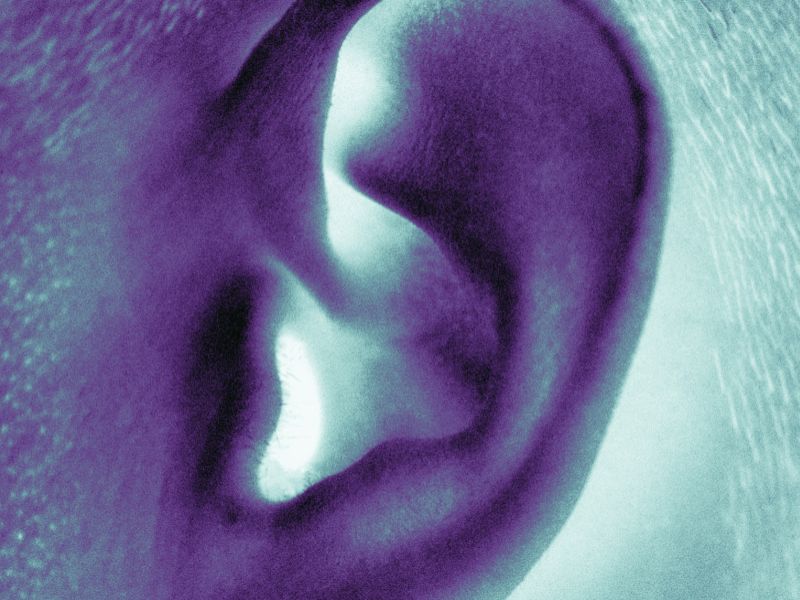MONDAY, Aug. 5, 2019 (HealthDay News) — For patients presenting with sudden sensorineural hearing loss, education about the condition and benefits and risks of medical intervention are emphasized in an updated clinical practice guideline published online Aug. 1 in Otolaryngology-Head and Neck Surgery.
Sujana S. Chandrasekhar, M.D., from ENT & Allergy Associates in New York City, and colleagues conducted a systematic review of the literature and updated clinical practice guidelines on sudden hearing loss.
The guideline update group made strong recommendations for distinguishing sensorineural hearing loss from conductive hearing loss when a patient first presents with sudden hearing loss. Patients with sudden sensorineural hearing loss should be educated about the natural history of the condition, the benefits and risks of medical intervention, and the limitations regarding efficacy of interventions. Patients with sudden sensorineural hearing loss with residual hearing loss and/or tinnitus should be counseled about the potential benefits of audiologic rehabilitation and other supportive measures. Modifications from the initial guideline were provided for clarity and timing of the intervention. For patients with sudden sensorineural hearing loss, clinicians should not order routine computed tomography of the head in the initial evaluation, should not obtain routine laboratory tests, and should not routinely prescribe antivirals, thrombolytics, vasodilators, or vasoactive substances.
“Prompt recognition and management of sudden sensorineural hearing loss may improve hearing recovery and quality of life,” a coauthor said in a statement. “That is the overarching objective and purpose of this guideline update.”
Several authors disclosed financial ties to the pharmaceutical and medical device industries.
Copyright © 2019 HealthDay. All rights reserved.



